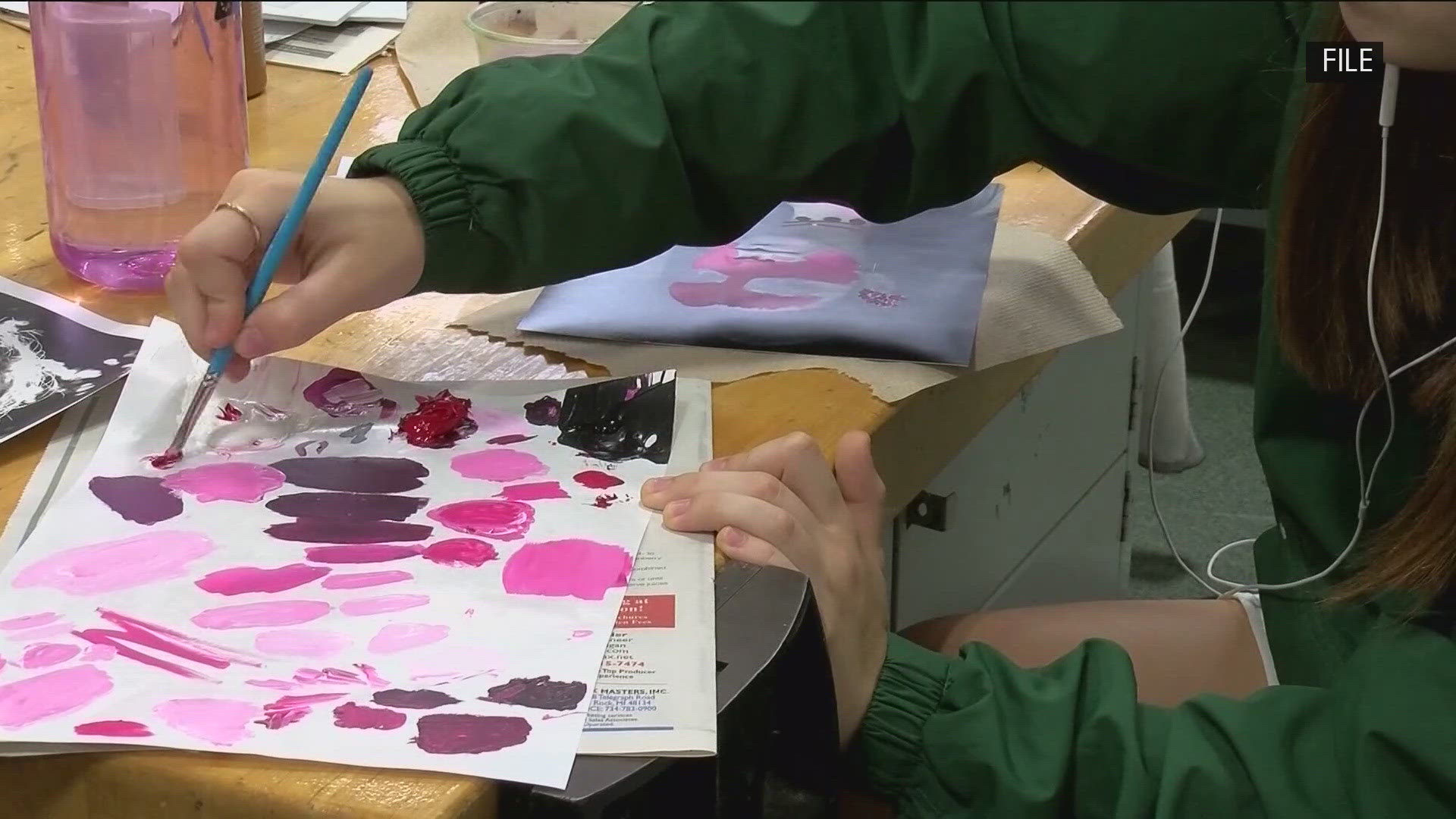TOLEDO, Ohio — As the back-to-class season approaches, some parents and teachers are preparing for more than just new schedules and supplies for their students. For families of children with attention-deficit/hyperactivity disorder, the transition back to the classroom can present unique challenges that impact students' academic performance and overall well-being.
With rising concerns about ADHD diagnosis and management - and access to medications in the wake of yearslong supply chain problems - local experts are offering advice to help support these students in achieving success.
For some children, even attaining a diagnosis of ADHD can be initially problematic. But a key to pinpointing the issue is opening communication among the adults who spend the most time with the child and trusted medical professionals, according to said Dr. Robert Mills, chief medical officer with Nationwide Children's Hospital-Toledo.
"Whether (they're dealing) with hyperactivity or with impulsivity or with inattention, you have different subgroups. But when you do that (identification) with the help of your teacher, the help of your daycare center and the help of your physician or primary care provider, that's how you come up with the diagnosis of ADHD," Mills said.
For some kids who have ADHD, struggling with school performance can be both a first sign of the disorder and an ongoing challenge, depending on how difficult it is to find therapies that the child best responds to. These therapies can include a combination of medication, therapy, education or other training.
Mills said there are some lifestyle and behavioral modification approaches that parents can use to help their kids, such using positive reinforcement, reducing distractions, encouraging physical activity and providing regular feedback.
"So good dialogue back and forth between either the daycare or the school can help with their input to say, this is where your child is potentially having some issues that may be affecting or impacting their learning," Mills said.
The director of Student Services for Washington Local Schools, Brittani Paszko, said, generally speaking, if parents or caregivers suspect that their student is experiencing the effects of ADHD, they should talk to their student's teacher and get their feedback.
"I think we see a more structured routine at school. So, I think sometimes when students struggle to pay attention or attain a task, that that can be more noticeable in a group full of students when they don't have the one-on-one attention that they would have at home," Paszko said.
The challenge, in some cases. is that teachers say they are seeing some noticeable differences in the behavior of kids who are taking their medication regularly versus children who are not regularly taking their prescriptions. For some families, this challenge was sparked by a now years-long shortage of ADHD medications available for their children. According to the American Academy of Pediatrics, families across the nation are still dealing with an ADHD medication shortage that first was reported in October 2022.
Mills said that hope is on the horizon, as in the last several months the supply chain seems to be getting better, meaning for diagnosed children, gaining access to those medications has definitely improved over the last four to six months.
WATCH NOW

